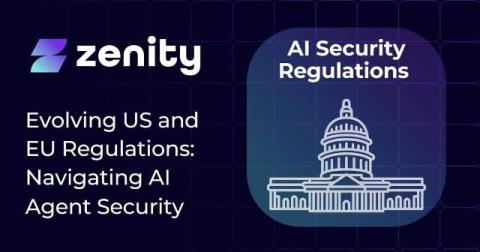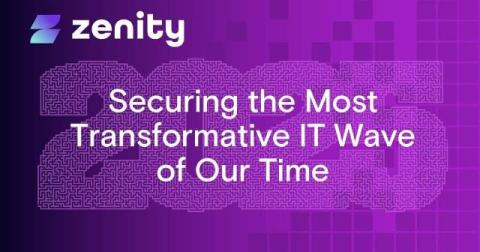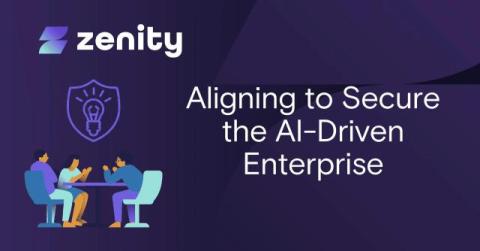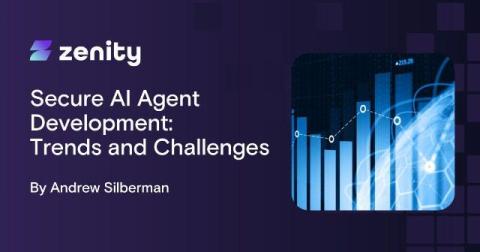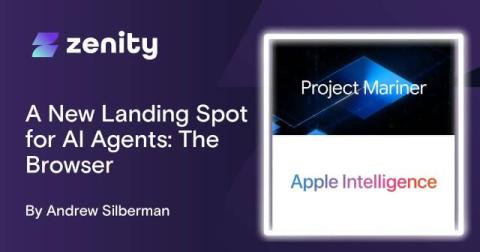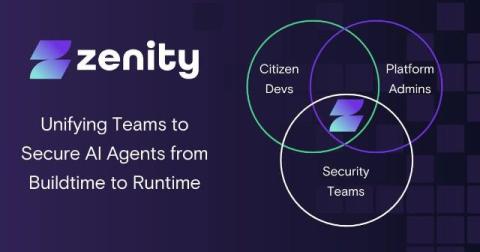Navigating AI Agent Security Amid Evolving Regulations
The landscape of artificial intelligence (AI) governance is undergoing significant changes, particularly as it relates to the rise of AI Agents—autonomous systems that can independently make decisions and execute tasks. Recently, a key executive order on AI safety was rescinded, which previously required developers to share safety test results with federal agencies and mandated comprehensive assessments of AI-related risks.


